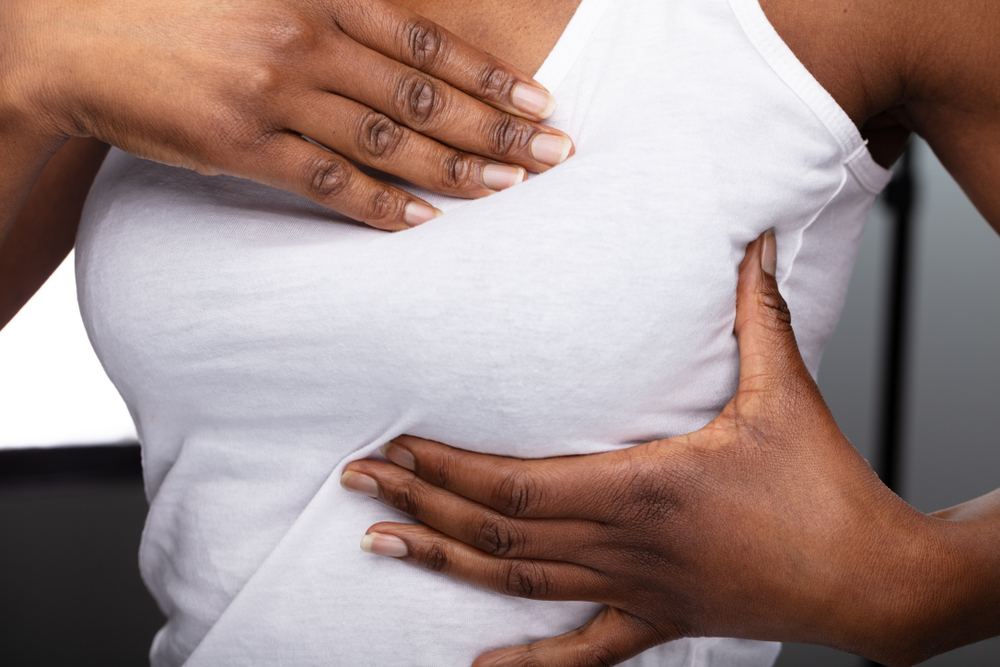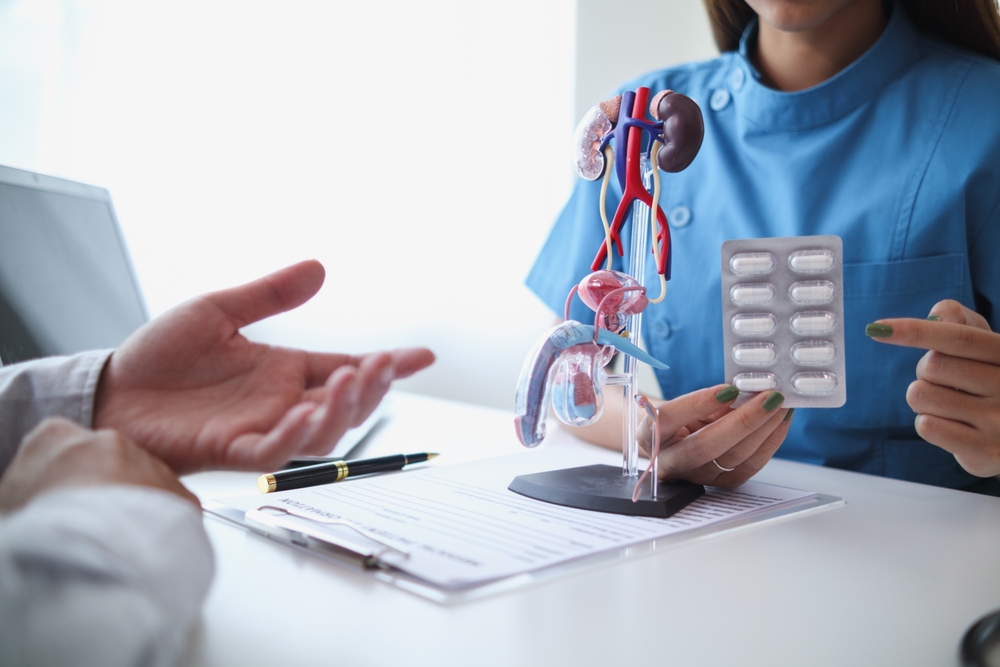Know the symptoms and catch the disease early.
Others are reading now
Cancer can affect anyone, and early detection is key to improving treatment outcomes and survival rates.
Many cancer symptoms are subtle and easy to overlook.
Knowing the warning signs can help you act in time.
Pay attention to your body’s signals, and consult a doctor if something feels off—it could make all the difference.
Also read
Trouble Swallowing

Difficulty swallowing is often linked to throat cancer but can also be an early sign of lung cancer.
A persistent hoarse voice or a feeling of pressure in the throat could point to thyroid cancer.
Unexplained Fatigue

Extreme exhaustion that doesn’t improve with rest may indicate leukemia or other types of cancer.
This kind of fatigue feels different—like a deep, unshakable weakness.
Sudden Weight Loss

If you’re losing weight unexpectedly without changes to your diet or exercise habits, it could be a sign of colorectal cancer or other gastrointestinal cancers.
Persistent Heartburn

Ongoing heartburn or a mild burning sensation in the chest after eating might signal esophageal or stomach cancer.
Bone Pain

Consistent pain or tenderness in the bones could be a symptom of bone cancer.
Swelling or unexplained fractures might also occur.
Vision Problems

Eye pain, flashes of light, blurred vision, or sudden vision loss can indicate eye cancer.
Don’t ignore these symptoms – it might be something else, but it is definitely worth investigating.
Bloating and Fullness

Feeling unusually bloated or full for extended periods might be linked to ovarian or colorectal cancer.
Frequent Fevers

Recurring fevers may be a sign of leukemia, which weakens the immune system and causes frequent spikes in temperature.
Urination Issues

Trouble starting or stopping urination can be an early sign of prostate cancer in men.
Headaches

New or increasingly intense headaches might point to a brain tumor.
Skin Changes or Rashes

Unusual skin discoloration, such as red, purple, or brown spots, could be linked to leukemia. These spots result from damaged blood vessels due to changes in blood composition.
Heavy or Painful Periods

Women experiencing unusually heavy, painful periods or spotting between cycles should be evaluated for uterine cancer.
Erectile Dysfunction

In men, difficulty achieving or maintaining an erection could be a sign of advanced prostate cancer.
Breathing Issues

Shortness of breath or wheezing might signal lung or thyroid cancer.
Breast Pains or Changes

Swelling, redness, or pain in the breast area in women could be indicative of inflammatory breast cancer.
Swollen Testicles

Men who notice swelling or other changes in their testicles should consult a doctor, as it might be a sign of testicular cancer.
If you notice any of these symptoms, don’t hesitate to see a doctor.
Early detection could save your life.


